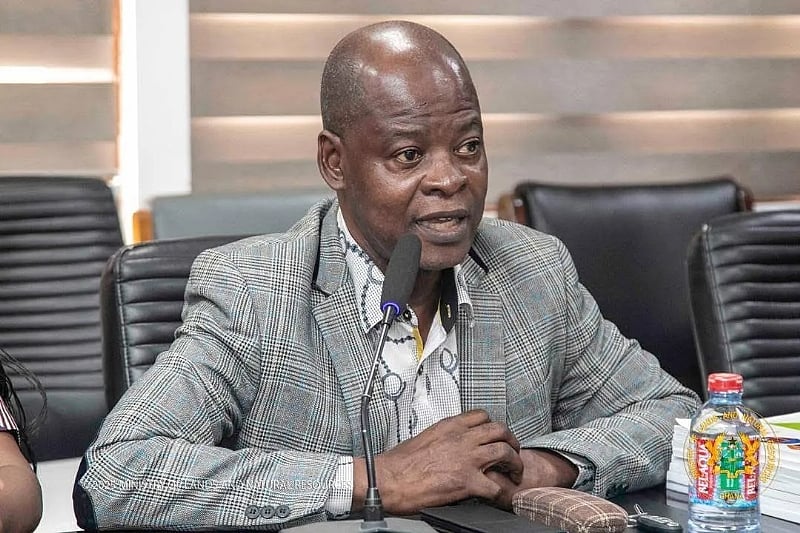Dr. Steve Manteaw, a prominent policy analyst and natural resource governance expert, has voiced strong support for the Ghanaian government’s decision to allocate a larger share of oil revenues towards its ambitious Big Push Agenda, a development strategy focused on large-scale infrastructure projects. He argues that this move is economically sound and represents a responsible approach to managing the nation’s finite resources. Dr. Manteaw, who also serves as Co-Chair of the Ghana Extractive Industry Transparency Initiative, emphasizes the importance of treating resource rents as seed capital for long-term growth rather than as disposable income for immediate consumption. He believes that oil revenues should serve as a catalyst for national development, not fuel a culture of unsustainable spending.
The government’s decision involves amending the Petroleum Revenue Management Act (PRMA) to legally increase the proportion of the Annual Budget Funding Amount (ABFA) dedicated to capital expenditure. This move has sparked debate, but Dr. Manteaw firmly believes that prioritizing capital projects over recurrent expenses offers a more sustainable and impactful use of the nation’s oil wealth. He highlights the significant return on investment from a previous $30 million investment in the Kotoka International Airport’s Terminal 3, which yielded over $10 million in returns – a remarkable 33% ROI. This example, he argues, illustrates the potential of strategic capital investments to generate substantial economic benefits. He poses a thought-provoking question: What if the investment had been a billion dollars? The returns, he implies, would be transformative.
Dr. Manteaw’s endorsement of the amendment isn’t simply a blanket approval; it is grounded in a critique of past government practices. He points to a consistent breach of the PRMA by the previous administration, which failed to allocate the mandated minimum of 70% of the ABFA to capital projects. The current amendment, he notes with satisfaction, not only adheres to this threshold but aims to surpass it. This commitment, he suggests, indicates a positive shift in government policy—a move from rhetoric to tangible action in infrastructure development. He commends the current administration for rectifying the shortcomings of its predecessor and for signaling a more responsible stewardship of oil revenues.
Addressing concerns about the impact on other critical petroleum funds, Dr. Manteaw clarifies that the amendment exclusively affects the ABFA, the portion legally designated for budgetary spending. The Stabilization Fund, Heritage Fund, and Sinking Fund, designed to provide long-term financial security and intergenerational equity, remain untouched and protected from executive discretion. This reassurance is crucial in allaying fears that the increased allocation to capital expenditure might deplete vital savings meant for future generations or economic stabilization during periods of volatility.
The crux of Dr. Manteaw’s argument lies in the transformative potential of investing in productive assets such as infrastructure and logistics hubs. These investments, he emphasizes, have a ripple effect throughout the economy, creating jobs, attracting private investment, and reducing reliance on imports. He advocates for a long-term perspective, recognizing that Ghana’s natural resources are finite. The decisions made today, he insists, will shape the nation’s future. This underscores the importance of strategic resource management and the need to prioritize investments that create lasting value and enhance national competitiveness.
Dr. Manteaw’s support for the amendment transcends mere agreement; it serves as a call to action for policymakers. He urges them to rise above partisan politics and ensure that Ghana’s oil wealth benefits all citizens, contributing to sustainable development rather than being squandered on short-sighted consumption. His advocacy reflects a deep concern for the responsible management of national resources and a commitment to ensuring that they serve as a foundation for long-term prosperity and intergenerational equity. He envisions a Ghana where oil revenues translate into tangible improvements in the lives of ordinary citizens, contributing to a more prosperous and resilient future.


